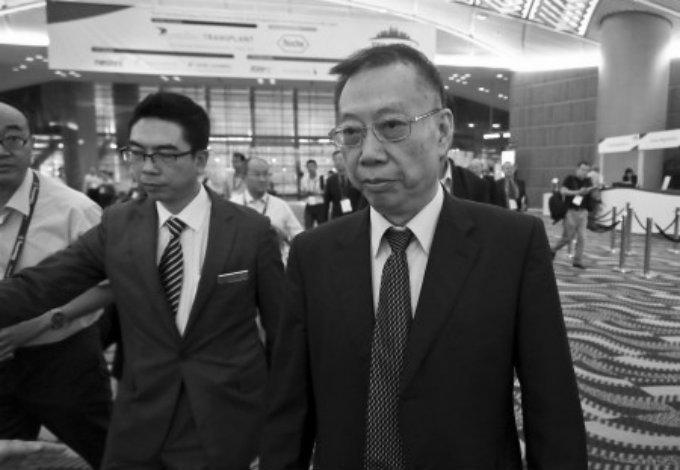NEW YORK—Nearly 20 years ago, newspaper headlines were wondering whether the internet was going to free China. Exhibit A was Li Hongkuan, a highly self-confident and fast-talking democracy activist who ran the first Chinese dissident email newsletter, sending uncensored news to hundreds of thousands of addresses.
Now, Li is back at it—but he’s no longer using email. In the age of social media, he says there’s a far more potent tool to undermine the rule of the Chinese Communist Party: WeChat.
Called “Weixin” in Chinese, WeChat has 700 million active users domestically, making it the most popular social media platform in the country. In China, where Facebook, Instagram, and Twitter are blocked, WeChat fills the void in one convenient package. It can also be used to pay for goods at stores, book taxis, send money to friends, split restaurant bills, read news, and book a karaoke room.
It has another crucial difference to other social media apps: Its communications are considered “private.” That is, instead of broadcasting ideas to a public square, like Twitter, communications on WeChat are limited to those between friends on the app. China’s own experiment with a Twitter-like platform, Sina Weibo, led to high-profile punishment and repression over the last few years, driving dissent underground.
The nominally private nature of WeChat is both a help and a hindrance for someone like Li. He has lived in the United States for decades, but is still driven to awaken a yearning for democracy among his compatriots.
Its privacy means there is more latitude: Pro-democracy ideas, anti-Party speech, and sensitive social issues all get an airing. When a reporter recently installed the application, one of the first messages received had been composed by a practitioner of Falun Gong, a traditional Chinese spiritual practice that has been targeted for elimination since 1999. It appears that as long as other users do not report the sender, a lot can be communicated.
The downside for Li is a much more limited reach—the atomization of potential online communities. WeChat discussion groups can number no more than 500 individuals.

Li, though, is happy enough operating within that framework. Sitting in the Sheraton hotel in the densely Chinese suburb of Flushing, Queens, Li demonstrated how he used the app to challenge Chinese back home to take a fresh look at their government.
“How will China’s insane system of land theft end?” is the headline of one post he shared. Another instructs Chinese citizens to rename their at-home WiFi to “a name about freedom and democracy, or other words conveying universal values.” Neighbors in the same apartment building would then see on their WiFi network messages like “Oppose totalitarian persecution, oppose violent dictatorship,” or “Universal values are China’s future.”
Posts with similar themes continue in an endless stream.
“You spread the truth and they'll slowly start to recognize it,” Li said. “At first they might misunderstand, but sharing thoughts with one another helps new ideas come about.”
He leverages off official propaganda like “the China dream” to refer to “the American dream,” and how the two could come to a closer resemblance. He also riffs off news events to highlight the unsustainable nature of Party rule.
His central enterprise is to seed and pass along subversive ideas, and then rely on participants in chatrooms to relay them to an increasingly wide audience, disseminating dissent. But whether there’s really a widespread interest in this is also the central question.
“As long as people don’t report what you say, it doesn’t matter. No one reports these things anymore,” Li said. But of course, the full picture is complicated. Most are happy to simply use WeChat to chat with friends and book karaoke rooms; others are afraid of surveillance.
Michael Zhang, a laborer with pro-democracy sympathies who recently emigrated to the United States from China, was an onlooker to our conversation at the Sheraton and was asked what he makes of it all.
“I don’t use WeChat,” he said. “It’s monitored. The government will harm your family!”





